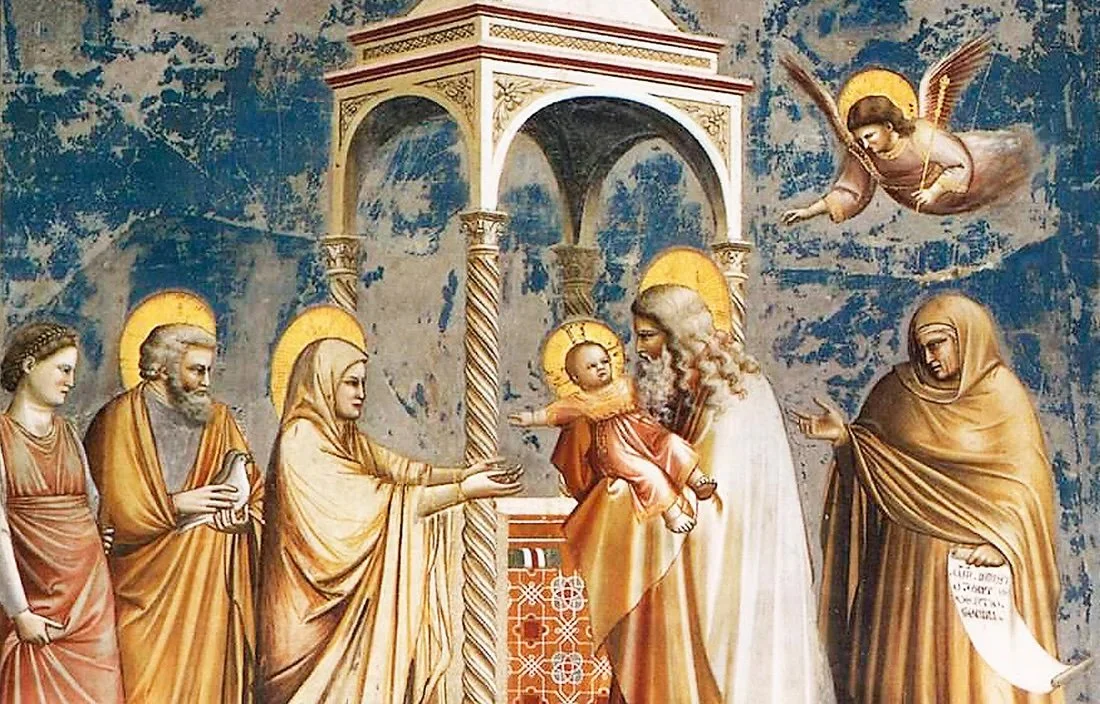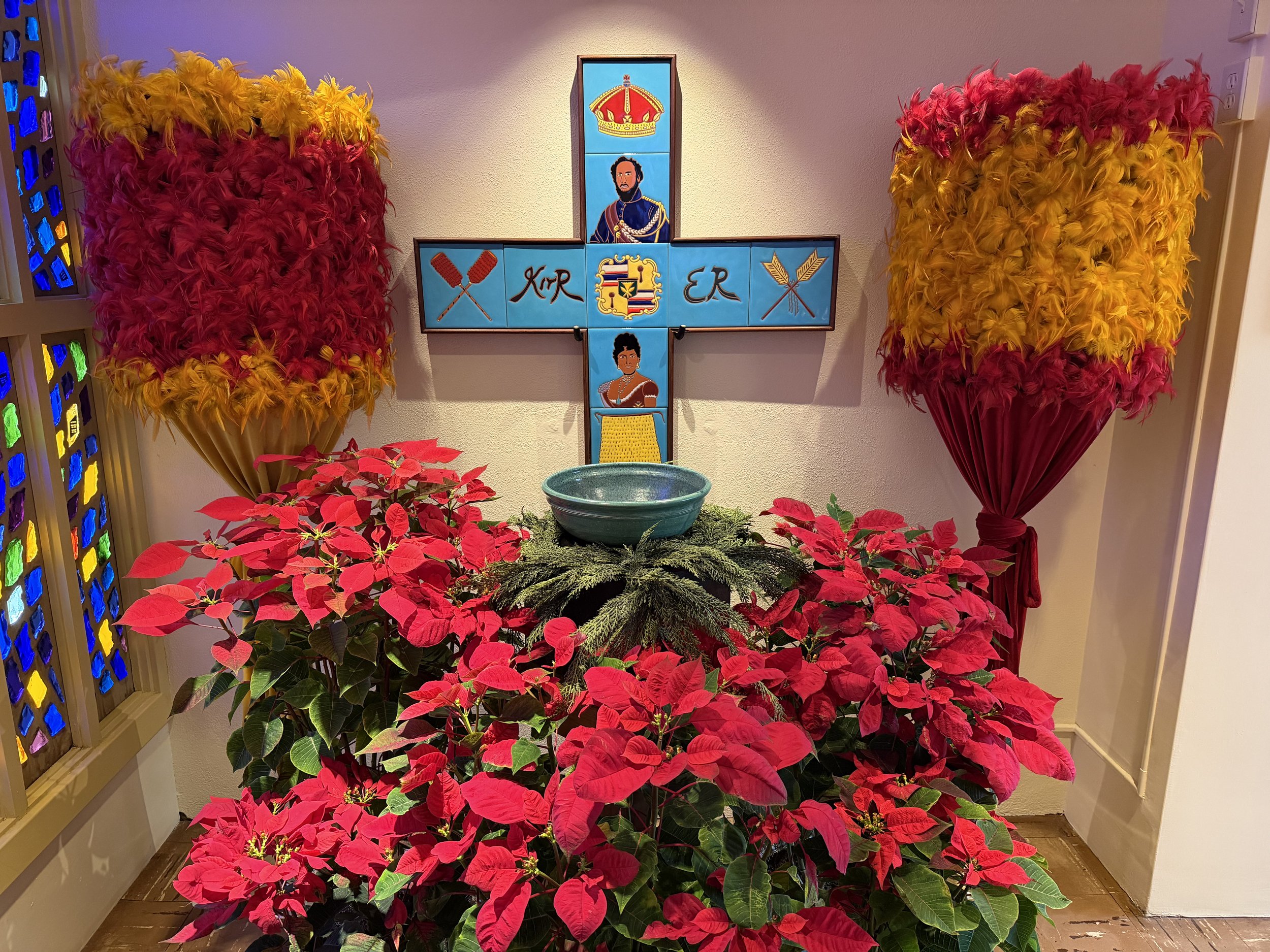From the Oblate: Renewal in the Desert
/Michael Ida, an Oblate of the Order of Julian of Norwich, and also our parish treasurer, reflects upon our parish pilgrimage to the Holy Land.
I now know why early Christian monastics fled into the desert to find God. What at first seems like just a sterile and desolate wasteland is, on closer examination, a place of austere beauty and even abundance, where life lived on the knife-edge of existence instills everything with a clarity and focus that are sharp, clean, and invigorating. To say that the Holy Land is just a desert would be like saying that the Hawaiian Islands are just volcanic outcroppings in the middle of the ocean.
I expected that my first (and possibly only) visit to the Holy Land would be hectic, and I certainly was not disappointed. There is enough to see and experience there to fill a dozen lifetimes (let alone the mere twelve days that we were there)—no lounging by the pool with a beach book on this trip. If you have never been to the Holy Land, my advice to you in a word is to go. Even if you were vicariously following our progress online, there is no substitute for being there—for feeling the broiling heat, the relief of a cool drink, and the myriad other sights, sounds, tastes, and smells that Jesus almost certainly did during his earthly lifetime. We are physical beings, and the power of proximity, of being physically present on the same ground that Jesus was and experiencing many of the same sensations that he did, cannot be underestimated in bringing the gospels to life.
Beyond the physical, however, the most enduring insight that will remain with me is how, as fellow pilgrim Les Uyehara put it, “everything makes sense”: How the Biblical stories from both the Old and New Testaments now have faces—both the characters and the places—and how everything from the motivations of the characters in the unfolding drama to the awe and terror of encountering God in the wilderness can be understood firsthand. After feeling the unrelenting heat of the sun in a cloudless sky (so alike and yet so different from our own Hawaiian sun), hearing the distinctive crunch of the white limestone gravel under our shoes, and smelling the pungent and savory aromas of the open-air bazaars, I now see how Jacob’s encounter with God in the desert changed him for life; how alone and afraid Jesus must have felt while being held in an underground cell awaiting trial; and how utterly inadequate 30-second sound bites are in conveying the complex and volatile mix of history and emotion which swirls among the three Abrahamic faiths for which the land is holy.
As a lucky coincidence, the time that we were in the Holy Land also coincided with my profession anniversary as a Julian oblate. Monastics are very intentional about cultivating the spirit of sacramental living, of being aware of God’s presence in the in-between times—the most humble and mundane moments of our lives when we are alone save for God—and being grateful for that presence and the small graces that come with it that are so easy to overlook. It is therefore fitting that the event that I found most affecting did not occur in one of the many majestic churches we visited, or among the crowds of other pilgrims and tourists that were present almost everywhere, but among the members of just our group in the Judean desert. As we watched the sunrise in silence over the Wadi Qelt and felt the breathtaking reality of God’s presence as Jacob must have felt it after wrestling alone with God in the night thousands of years ago, we were joined by a Bedouin souvenir vendor and his young son what for them must have been the start of just another work day. As we proceeded to have what for me was one of the most moving Eucharists that I have ever participated in, the vendor and his son quietly went about setting up their wares in preparation for the crush of tourists sure to show up later in the day. When it came time to exchange the peace, the young boy spontaneously came around to each of us and joined in spreading God’s love and reminding us of the presence of Christ in the simplest of human gestures. “The simple enjoyment of our Lord is in itself a most blessed form of thanksgiving,” wrote Julian of Norwich, and our pilgrimage was, in addition to being a watershed and life-changing event, a reminder of how God works through the lowliest elements of his physical creation, and a renewal of the spirit of my oblate vocation: For all of which, I give humble and hearty thanks.
Michael Ida, ObJN








